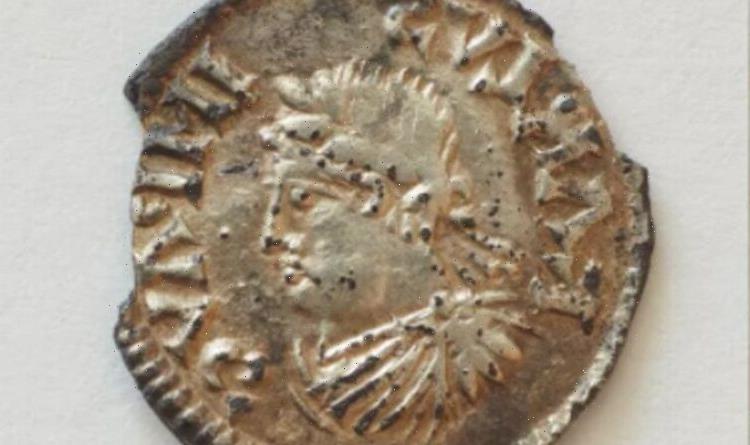Jada Pinkett Smith laughs as she reveals new Alopecia markings
We use your sign-up to provide content in ways you’ve consented to and to improve our understanding of you. This may include adverts from us and 3rd parties based on our understanding. You can unsubscribe at any time. More info
Alopecia areata, or “spot baldness”, is an often disfiguring auto-immune skin disorder, in which the body’s immune system accidentally attacks its own hair follicles. It is characterised by the rapid loss of hair — typically from the scalp, where it often manifests initially as round, coin-sized patches of baldness, but it can also affect the eyebrows, eyelashes, beard, or even the whole body. While the lost hair grows back in around 80 percent of cases, such can take years to months and the initial regrowth can appear white. It is estimated that around 15 in every 10,000 people in the UK live with alopecia areata. The condition can develop at any age, but typically emerges in people under the age of 40.
The study was undertaken by dermatologist Professor Brett King of the Yale School of Medicine and his colleagues.
They conducted two randomised trials involving a total of 1,200 people with severe alopecia areata.
All of the participants had lost at least half of their scalp hair — and many had lost all of it.
Each volunteer was given a 36-week-long course of either four milligrams of a compound called baricitinib, two milligrams of the same or, alternatively, a placebo.
Baricitinib — which is commonly used in the treatment of arthritis — is a so-called Janus kinase (JAK) inhibitor that disrupts the communication of the immune cells that harm hair follicles and lead to bald patches.


The team found that a third of the patients who received the larger dose of baricitinib saw hair regrowth by the end of the study period.
The research was undertaken by dermatologist Professor Brett King of the Yale School of Medicine and his colleagues.
Prof King said that the findings were “so exciting because the data clearly shows how effective baricitinib is.
“These large, controlled trials tell us that we can alleviate some of the suffering from this awful disease.”
DON’T MISS: ‘Game-changing’ new antibiotics could save millions of lives


With this study complete, the researchers are resuming their clinical trials, with a focus on ensuring the long-term effectiveness and safety of the treatment.
The present study built on so-called Phase 3 clinical trials, which are one of the final testing steps before a new treatment can be approved for widespread usage.
Prof King added: “Alopecia areata is a crazy journey, marked by chaos, confusion, and profound sadness for many who suffer from it.
“It will be incredible to have a medicine to help people emerge on the other side, normalcy restored, recognizable again to themselves and those around them.”

The study was funded by the US pharmaceutical firm Eli Lilly and Company, for whom Prof King works as a consultant.
Prof King has spent the last decade developing methods to apply JAK inhibitors like Baricitinib to treat a variety of other skin disorders.
These have included eczema, erosive lichen planus, granuloma annulare, sarcoidosis and vitiligo.
The full findings of the study were published in The New England Journal of Medicine.
Source: Read Full Article


